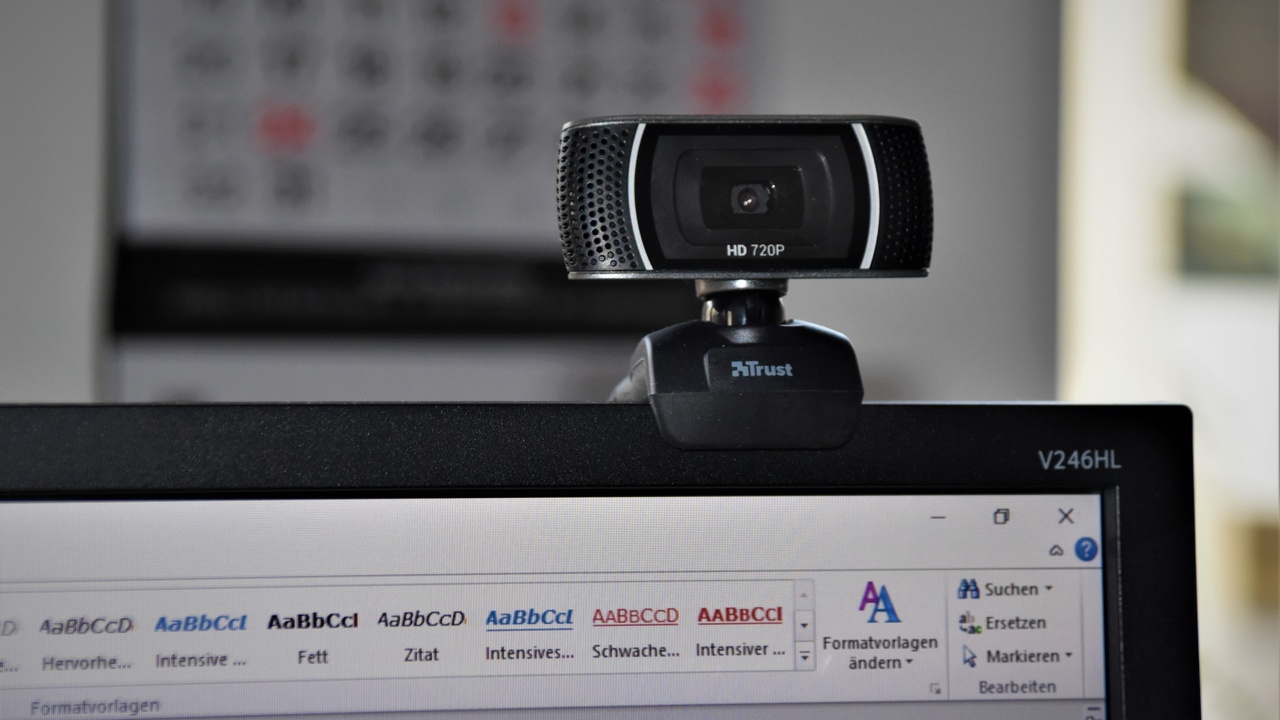4 Keys to Power Up Your Voice

By John Millen
Our human voice is a truly amazing instrument.
We produce a range of incredibly nuanced sounds that are capable of conveying meaning, emotion, and subtle cues to others.
Here’s a passage of dialogue from Morgan Freeman, as “Red” in The Shawshank Redemption. Try reading this without hearing his comforting, mellow-toned voice:
RED: I have to remind myself that some birds aren't meant to be caged. Their feathers are just too bright. And when they fly away, the part of you that knows it was a sin to lock them up does rejoice. Still, the place you live in is that much more drab and empty that they're gone. I guess I just miss my friend.
These are merely words on a page. Yet, even though I asked you not to hear his voice, you heard Morgan Freeman anyway, right? Used properly, our voices become our strong identities to others.
Tap the power of your voice
Yet most of us give little consideration to the potential power of our voices. If you’re like most people, you might only consider your voice when you hear a recording of yourself and hate how it sounds. (By the way, most people feel that way. I’ve worked with public figures who also hate the recorded sound of their own voices.)
In my coaching and training, I urge my clients to carefully consider how they use or misuse their voices. When you give a presentation, speak up in a meeting, or have a one-on-one with someone, your voice can play a critical role in the outcome.
Your voice can make you seem powerful and confident, or hesitant and weak.
Your voice can lift others with passion and energy, or bring them down.
Your voice can help people feel the emotion you feel, or leave them cold.
We have the opportunity to make an impact, but most of us just speak without even thinking about how we might sound.
Tools to control your voice
Here is how I describe the tools you have to control your voice. My analogy is to an old-school stereo system, like the ones young people now use to listen to that vinyl stuff.
The power to the stereo system is your breath; the three knobs control your volume, pitch, and tempo. (Of course, there’s no “tempo” knob on a stereo, but bear with me.)
With these three knobs and the power of your breath, you can produce millions of sounds to control the mood, meaning, and impact of your words. (Yes, I said millions.)
Here are four controls to power up your voice:
1. Control your volume
This is obvious, in terms of your loudness or softness. You certainly want to project yourself so that people can hear, but your volume must be tempered to meet the demands of your space, noise, and distance from people.
We all know that guy who’s close to you and seems to be SHOUTING at you. Too much volume doesn’t always convey confidence; it may make him seem like a jerk.
We also know other people who have great ideas but speak so quietly that they seem unconfident and are, sadly, largely ignored.
2. Alter your pitch
When you play with this pitch button you can make your voice go very high or extremely low. Obviously, we each have our own range and can’t necessarily go as high or as low as others. But we can make the best use of our own potential.
Monotone voices, for example, drone on and make no use of their pitch. That’s an easy fix. To convey excitement and energy around a particular point, you’ll often want to go to the higher end of your range, as in “I LOVE this team. You are the BEST!”
While a more serious or somber point would call for you going to the low end of your range, as in “we missed our numbers AGAIN this quarter” or “who ate the LAST donut?” ;-)
3. Vary your tempo
How fast or slow you talk can be used to similar effect. Speeding up can convey energy and passion while slowing down can emphasize the seriousness of the situation.
Most powerfully of all, a pause can be used…to…dramatic…effect. (But not in writing, I just learned.)
4. Practice power breathing
As I said, the true power of your voice emanates from your breath. Consider focusing on your breath throughout the day; learn to take deeper, slower breaths through your diaphragm.
To gauge this, try this now: Put your hand on your stomach, just below your ribcage. Take a slow, deep breath into where your hand is — more of a belly breath than the usual shallow chest breathing we do.
Try to develop this habit and it will be invaluable when that anxiety rises, just before you speak in a tense situation. Take several of these breaths and be in the moment.
How about you?
Are you using your voice to its fullest potential?
Are you monotone, lacking passion and energy?
Do you talk breathlessly fast?
Awareness is the first step in any growth and development. Ask people you trust, at work and at home, how your voice shows up.
Find just one thing you can do to improve – perhaps your breathing – and concentrate on that for 30 days.
That's how you can bring your best self to people through your voice.
I'd love to hear how you use your voice. To reach me directly visit my contact page.








